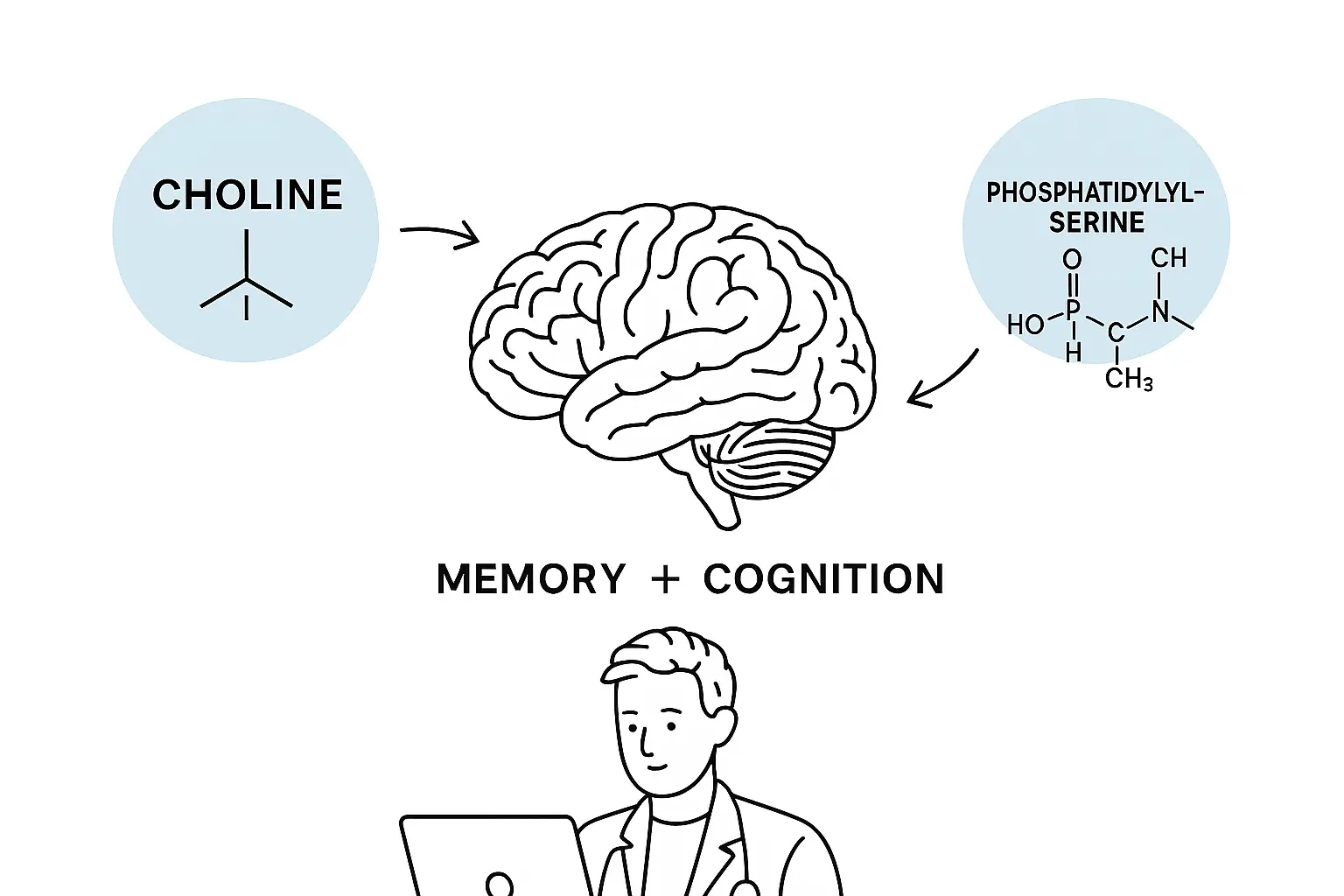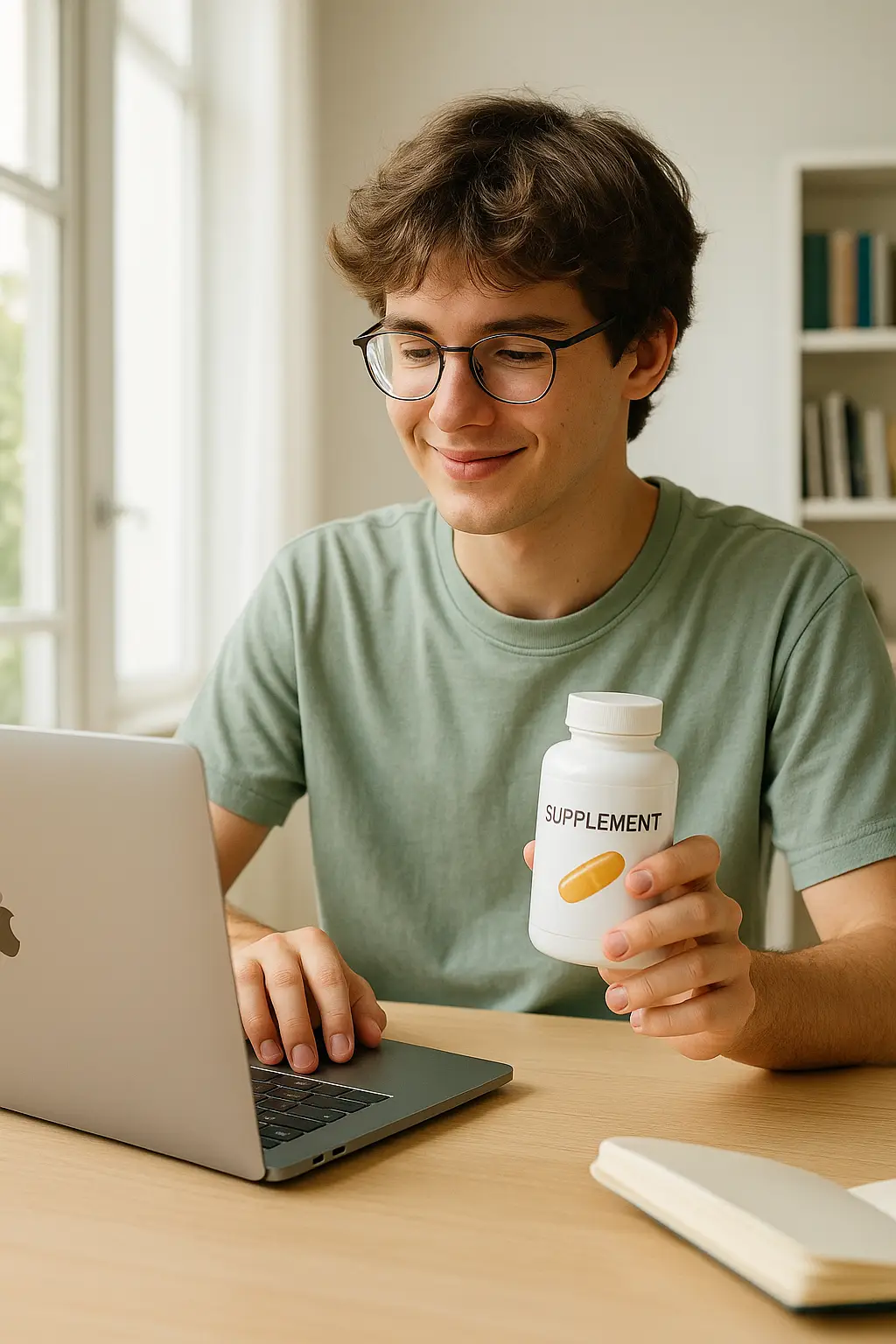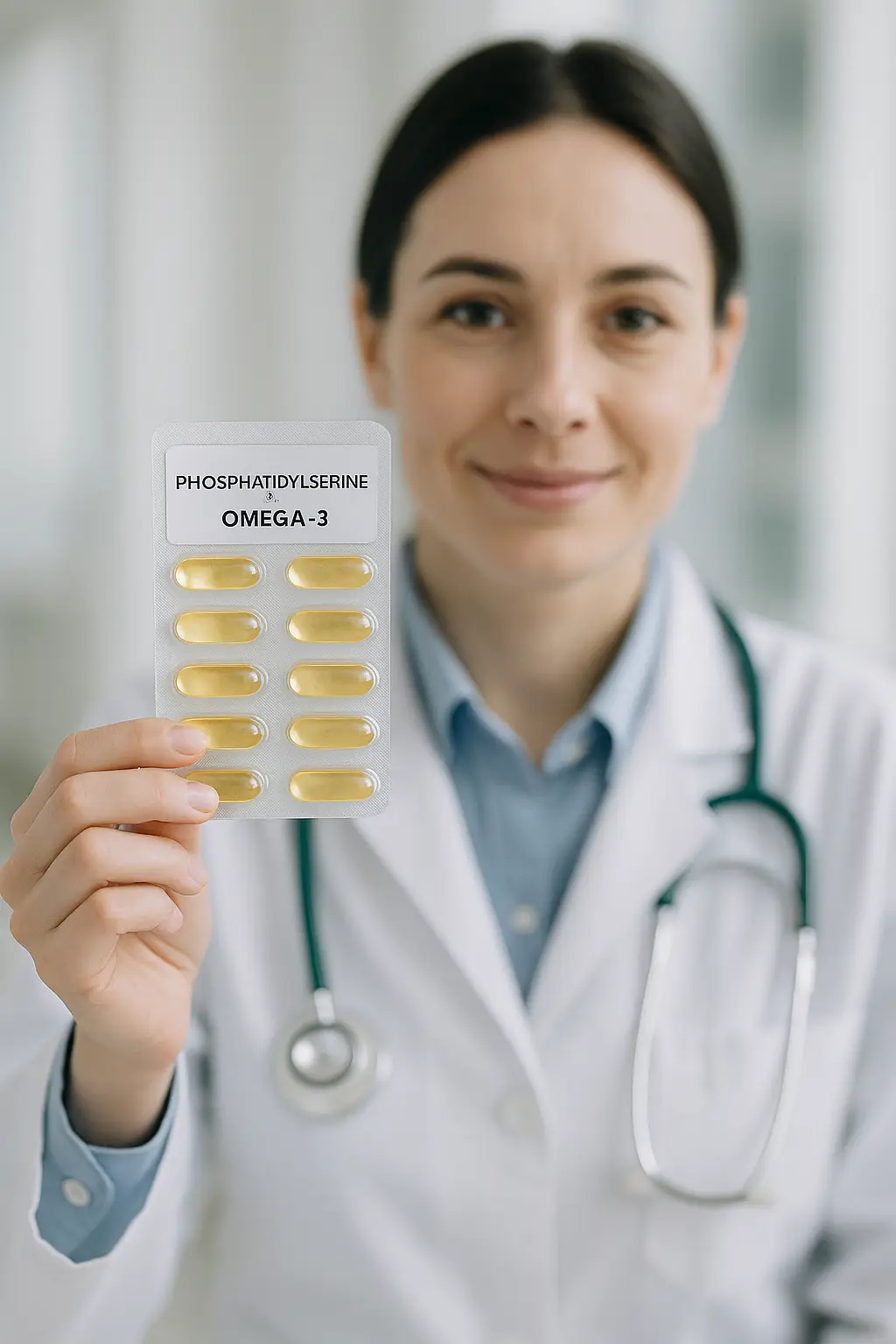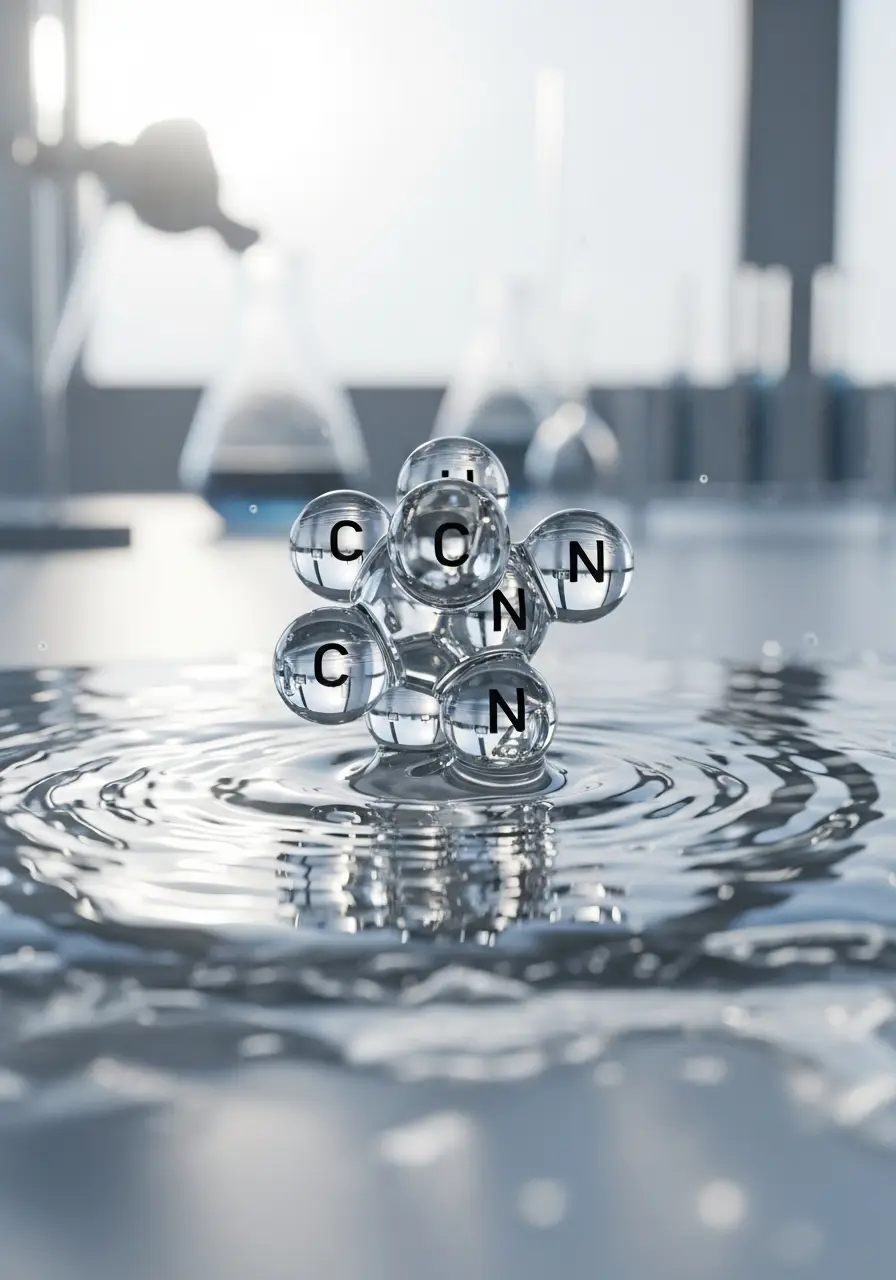

Concentration is a resource that can be restored
In this age of multitasking and information overload, the problem of “distracted attention” affects not only adults but also children.
Choline and phosphatidylserine are two nutrients that have been proven effective in supporting cognitive function, memory, and learning.

What is choline?
Choline is a water-soluble compound that is a precursor to acetylcholine, a neurotransmitter responsible for transmitting impulses in the brain.
-
Sources: eggs, liver, soy lecithin.
-
Role: memory, attention, formation of new connections between neurons.
💡 Research: Choline at a dose of 500 mg/day improves memory in adolescents and students when taken regularly for more than 4 weeks. (Zeisel et al., 2022).

What is phosphatidylserine?
It is a phospholipid that is concentrated in the cell membranes of the brain.
-
Improves: stress resistance, learning motivation, reaction speed.
-
Safe for long-term use, with good tolerability.
🔬 Vitafoods 2025: focus on phosphatidylserine in combination with omega-3 as natural nootropic.

Choline and phosphatidylserine: what is the difference and how to choose?
When it comes to supporting cognitive function, attention, and concentration, choline and phosphatidylserine are often mentioned among the most effective nutrients. Both compounds are involved in brain function, but they work differently.
Below is a comparison table to help you understand the main differences between choline and phosphatidylserine.
Table: Comparison of choline and phosphatidylserine
| Parameter | Choline | Phosphatidylserine |
|---|---|---|
| Mechanism | Precursor of acetylcholine | Component of cell membranes |
| Main effect | Improved memory and attention | Reduction of fatigue and stress |
| Sources | Eggs, supplements, soybeans | Soybeans, sunflowers, supplements |
| Daily dose | 250–550 mg | 100–300 mg |
These nutrients are especially recommended for schoolchildren, students, people with increased mental stress, and those who work in stressful conditions.

What is the best form to take choline and phosphatidylserine?
The pharmaceutical market offers a variety of formats for choline and phosphatidylserine supplements: from classic capsules to modern chewable forms. This allows you to choose the best option for any age group, from children to adults.
Table: Forms and formats of supplements
| Format | Choline | Phosphatidylserine |
|---|---|---|
| Capsules | ✔ | ✔ |
| Chewable gummies | ✔ (for children) | ✔ |
| Drink mix | ✔ | ❌ |
| Combination nootropics | ✔ with B5, B12 | ✔ with omega-3, lecithin |
For daily use, people often choose combined nootropic complexes that contain choline along with B vitamins, or phosphatidylserine in combination with omega-3 to support the nervous system and reduce anxiety.
When to choose choline and when to choose phosphatidylserine?
Choline should be added to your diet if you notice a decrease in attention, irritability, or memory problems.
Phosphatidylserine is useful for high stress levels, sleep disorders, and intense mental work or study.
Both compounds work well together and can complement each other’s effects, especially when preparing for school, exams, or important projects at work.
Для кого актуально?Who is it for?
-
Schoolchildren and students during intensive study
-
People who work with large amounts of information
-
Those who experience mental fatigue or “brain fog”
Conclusions
Targeted supplementation with choline and phosphatidylserine helps increase brain performance without stimulants.
The former nourishes neurotransmitters, while the latter supports brain cells.




